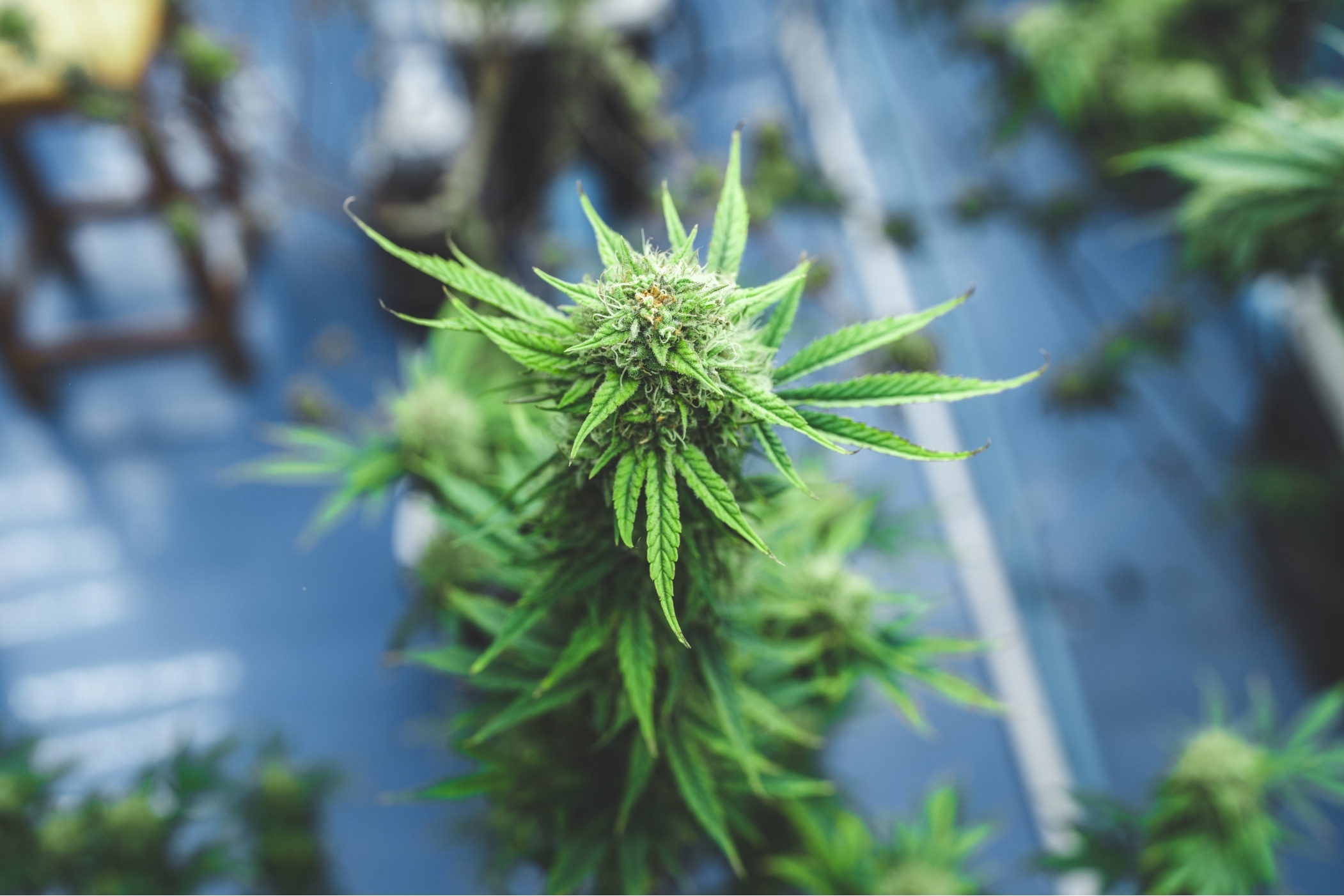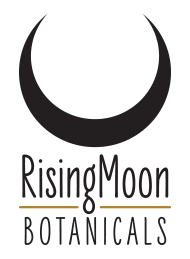News
Cannabis for Medical: Unveiling the Healing Potential Beyond the High
In recent years, the once-taboo topic of cannabis has undergone a remarkable evolution, transcending its historical stigma to emerge as a focal point of medical research, advocacy, and policy reform. This transformation reflects a paradigm shift in our understanding of the plant’s complex biochemistry and its profound interactions with the human body’s endocannabinoid system. While discussions of cannabis often gravitate towards its recreational use, a burgeoning body of scientific evidence underscores its therapeutic potential for a diverse array of medical conditions. From chronic pain management to neurological disorders, cancer symptoms, and mental health conditions, cannabis is increasingly recognized as a multifaceted treatment option with significant implications for public health.

However, despite its therapeutic potential, cannabis’s medical use remains mired in regulatory complexities and legal ambiguities, posing significant challenges to patients, healthcare providers, and policymakers alike. In many jurisdictions, cannabis remains classified as a Schedule I controlled substance under federal law, impeding research efforts and limiting access to patients in need. Moreover, variations in state-level regulations further compound the issue, creating a patchwork of inconsistent policies that hinder patient access, stigmatize users, and perpetuate disparities in healthcare delivery.
Unlocking the Healing Power of Cannabis for Medical
Amidst the evolving landscape of healthcare, cannabis emerges as a compelling contender in the realm of therapeutic interventions. The science behind cannabis therapy delves deep into its intricate chemical composition and its interaction with the body’s endocannabinoid system (ECS). Within this complex network lie the keys to unlocking cannabis’ therapeutic potential, offering new hope for addressing a myriad of medical conditions.

- The Science Behind Cannabis Therapy: Central to cannabis’ therapeutic potential is its myriad of chemical compounds, known as cannabinoids, which interact with the body’s endocannabinoid system (ECS). This intricate network of receptors and neurotransmitters regulates a host of physiological processes, including pain sensation, mood regulation, immune response, and appetite. Among the hundreds of cannabinoids identified in cannabis, two have emerged as primary targets for therapeutic exploration: tetrahydrocannabinol (THC) and cannabidiol (CBD). THC, the plant’s most abundant psychoactive compound, exerts analgesic, antiemetic, and appetite-stimulating effects, while CBD, a non-intoxicating cannabinoid, offers anti-inflammatory, anxiolytic, and neuroprotective properties.
- Applications in Pain Management: Chronic pain represents a pervasive and challenging medical issue, affecting millions worldwide and often resistant to conventional therapies. Cannabis, with its analgesic properties, offers a promising alternative for individuals grappling with conditions such as neuropathic pain, arthritis, fibromyalgia, and cancer-related pain. Research suggests that cannabinoids modulate pain signaling pathways within the central nervous system, providing relief while minimizing the risk of opioid dependence and overdose. Moreover, the synergistic interaction between THC and CBD in certain cannabis strains may enhance pain relief efficacy, offering tailored solutions for patients with varying pain profiles.
- Addressing Mental Health Challenges: In an era marked by rising rates of anxiety, depression, and PTSD, effective treatments for mental health disorders are more crucial than ever. Cannabis’ potential in this domain lies in its ability to modulate neurotransmitter activity, particularly within the serotonin and dopamine systems implicated in mood regulation and stress response. While high-THC cannabis strains may exacerbate anxiety and psychosis in susceptible individuals, CBD-rich preparations show promise in attenuating symptoms and improving emotional resilience. Moreover, emerging research suggests that cannabinoids may offer neuroprotective effects against the cognitive decline associated with conditions like Alzheimer’s disease and age-related dementia, opening new avenues for intervention and prevention.
- Emerging Frontiers in Neurological Disorders: Neurological conditions present formidable challenges to patients, caregivers, and healthcare providers, often characterized by debilitating symptoms and limited treatment options. Cannabis-based therapies have garnered attention for their potential in managing conditions such as epilepsy, multiple sclerosis (MS), and Parkinson’s disease, where conventional treatments fall short. In particular, CBD has emerged as a promising anticonvulsant agent, demonstrating efficacy in reducing seizure frequency and severity in refractory epilepsy syndromes like Dravet syndrome and Lennox-Gastaut syndrome. Moreover, anecdotal reports and preliminary studies suggest that cannabis may alleviate symptoms of spasticity, tremors, and dyskinesias in individuals with MS and Parkinson’s disease, enhancing mobility and quality of life.
- Navigating Regulatory Terrain: Despite mounting evidence supporting cannabis’ medical utility, regulatory frameworks governing its production, distribution, and use remain fragmented and contentious. In some jurisdictions, cannabis is classified as a Schedule I controlled substance, imposing stringent restrictions on research and clinical access. Conversely, an increasing number of countries and states have legalized cannabis for medical and/or recreational purposes, reflecting evolving societal attitudes and the recognition of its therapeutic potential. However, divergent regulations pose challenges for patients, healthcare providers, and researchers alike, hindering access to treatment, impeding scientific progress, and fueling disparities in care. Moreover, the lack of standardized dosing guidelines, quality control measures, and insurance coverage further complicates the landscape, underscoring the need for evidence-based policy reform and interdisciplinary collaboration.
- Ensuring Patient Safety and Efficacy: As the medical cannabis market expands, ensuring the safety, consistency, and efficacy of cannabis-based products is paramount. Unlike pharmaceutical drugs, which undergo rigorous clinical trials and regulatory oversight, cannabis remains largely unstandardized in terms of potency, purity, and composition. This variability poses challenges for patients and healthcare providers seeking reliable therapeutic options, necessitating robust quality control measures throughout the cultivation, extraction, and manufacturing processes. Additionally, comprehensive patient education initiatives are essential to empower individuals with accurate information about cannabis’ potential benefits, risks, and interactions with other medications. By fostering a culture of transparency, accountability, and patient-centered care, stakeholders can maximize the therapeutic potential of cannabis while minimizing potential harms.
Embracing a Paradigm Shift
The evolving landscape of cannabis for medical purposes reflects a paradigm shift in healthcare, challenging long-held assumptions and catalyzing innovation. From chronic pain management to mental health care and neurological interventions, cannabis offers a versatile toolkit for addressing complex medical conditions that defy conventional treatments. Its nuanced interplay with the body’s endocannabinoid system presents new avenues for alleviating suffering and enhancing quality of life.
Realizing cannabis’s full potential requires a concerted effort to overcome regulatory barriers, promote scientific inquiry, and prioritize patient safety and well-being. Regulatory frameworks must adapt to accommodate the evolving landscape, ensuring access while safeguarding against misuse. Robust research is essential to elucidate mechanisms of action and optimal dosing while empowering patients with education enabling informed decision-making. By integrating medical expertise, regulatory oversight, and patient empowerment, we can harness the healing power of cannabis to foster a more compassionate and equitable healthcare system for all.



























